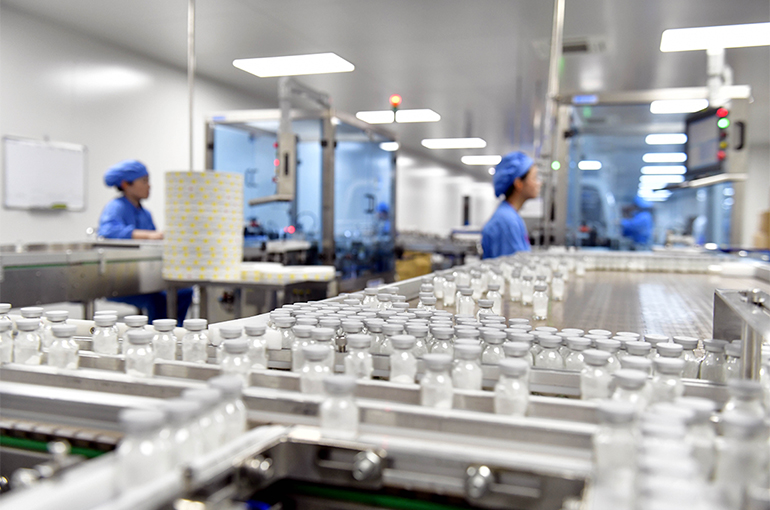 Chinese Biopharma Firms Pull IPOs, Upending VC Exit Plans
Chinese Biopharma Firms Pull IPOs, Upending VC Exit Plans(Yicai) Feb. 1 -- Nineteen biopharmaceutical firms have withdrawn applications to go public in China over the past two months amid a soft market and national anti-graft drive, frustrating the plans of venture capitalists looking to exit their investments.
Eleven biopharma firms pulled their filings for initial public offerings in December, accounting for about 30 percent of all the IPOs withdrawn last year. Eight followed suit last month, with those set aside in the past two months equal to the entire number in 2022.
The companies face common problems such as weaker-than-expected business growth and high client concentration, factors that significantly contribute to an uncertain market outlook, according to their IPO prospectuses. Some also face other issues, including the soaring cost of academic promotion.
Venture capitalists backing the biopharma firms that have pulled IPOs now face difficulty exiting their investments. For instance, more than 10 institutional investors took part in fundraisers for Thousand Oaks Biologics since 2019. They include China Capital Investment Group, GL Ventures, Fosun Capital, and Hopu Investment Management. Thousand Oaks has over 40 private equity investors, according to its prospectus.
The situation results from various factors, Tan Gefei, chief consulting expert at Shenzhen Daxiang Investment Consulting, told Yicai. Biopharma companies are underperforming amid a subdued sector, with the soft stock prices of already listed businesses impinging on market confidence and potential IPO valuations, Tan said.
An anti-corruption campaign targeting the healthcare sector also prompted some IPO hopefuls to review their business activities to see if there was any corruption, including commercial bribery, Tan pointed out.
Shanghai Ark Biopharmaceutical, a maker of drugs for pediatric and respiratory diseases, saw its annual losses expand to CNY214 million (USD30.1 million) in 2022. Innovative drugmaker Shanghai Ruiyi Medical Tech relied too much on its largest client WuXi AppTec, with revenue from the latter accounting for 81 percent of its total income that same year.
Gianttech Hi-Technology, a supplier of active pharmaceutical ingredients and intermediates, saw spending on academic promotion soar from nothing in 2020 to CNY153 million in the first half of last year. The Shenzhen Stock Exchange has asked the Chengdu-based company to explain whether there was any bribery or other benefits involved.
Editors: Tang Shihua, Martin Kadiev